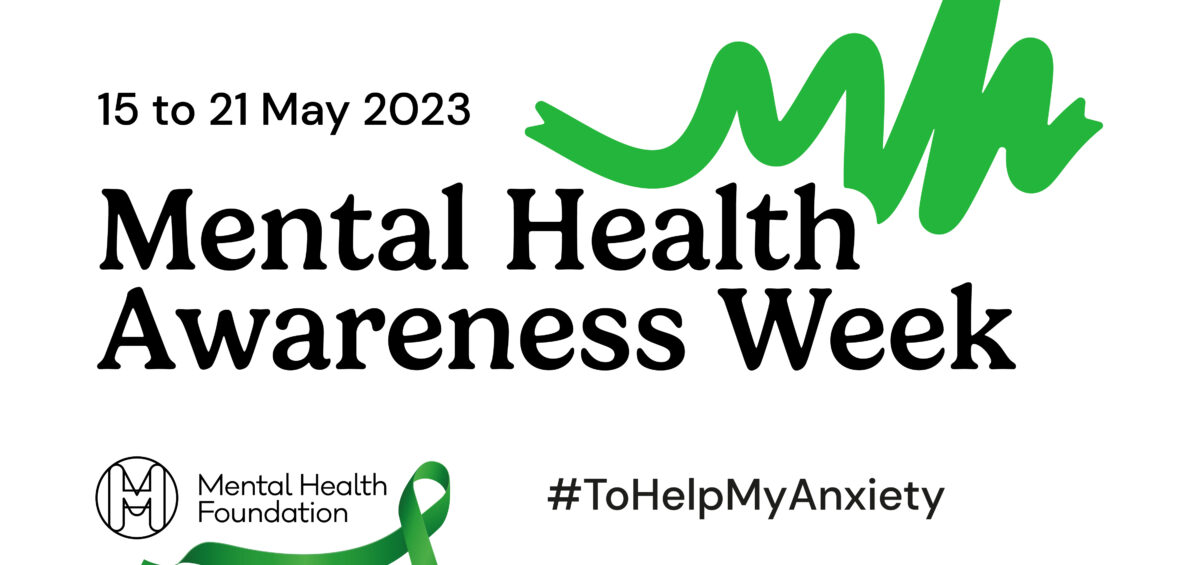Mental Health Awareness Week
Working within Social Care is a fast paced environment and here at Recruit Yourself we understand the need for individuals to have some rest to support their own wellbeing and mental health.
Anxiety is an emotion we all experience at some point in our lives but sometimes it can get out of control and become a mental health problem. Anxiety is one of the most common mental health problems we can face. In a recent mental health survey we carried out around stress, anxiety and hopelessness over personal finances, a quarter of adults said they felt so anxious that it stopped them from doing the things they want to do some or all of the time. Six in ten adults feel this way, at least some of the time. On a positive note, anxiety can be made easier to manage.
Focusing on anxiety for this year’s Mental Health Awareness Week will increase people’s awareness and understanding of anxiety by providing information on the things that can help prevent it from becoming a problem. At the same time, we will keep up the pressure to demand change – making sure that improving mental health is a key priority for the government and society as a whole.
Some top tips to help manage anxiety
4-7-8 breathing technique – Close your mouth and quietly breathe in through your nose, counting to four in your head. Hold your breath and count to seven. Breathe out through your mouth, making a whoosh sound while counting to eight. Repeat three more times for a total of four breath cycles.
Exercising – Exercising will help deal with anxiety and will take your mind off things. This doesn’t have to be extreme and can be gentle exercise such as going for a walk, yoga and so on.
Keep a diary – It’s important that we don’t try to ignore our worries. Taking the time to keep a record of what’s happening in your life and how it’s affecting you can help you understand what is triggering your feelings of anxiety. Knowing this can help you better prepare for and manage situations that may cause anxiety.
Challenge your thoughts – Anxiety can lead us to think about things over and over again in our brain. This is called ‘rumination’ and it’s not helpful. When you catch yourself ruminating, try to write down the thought and to challenge it. Is what you’re worrying about likely to happen? Are you being realistic? Have you had similar thoughts which have not turned into reality? This can make it easier to challenge the thoughts and stop them from overwhelming you.
Try to eat a healthy diet – For many of us, feeling anxious might cause us to reach for sugary snacks, junk food or alcohol. It’s important that we don’t turn to unhealthy foods or drinks as a way to cope as they will do more damage in the longer term.
Additional information – If your feelings of anxiety are not going away, are having a negative impact on your life, or often prevent you from doing things you need or want to do, seek support. Speak to your GP or healthcare professional about the support available in your area.
Show Your Support
#PinItForMentalHealth and wear a green ribbon to show colleagues, loved ones or simply those you walk past that you care about their mental health. It can also be worn in memory of a loved one. The green ribbon is the international symbol for mental health awareness. – http://mentalhealth.org.uk/collections/green-ribbon-collection
Join the Mental Health Foundation on the 18th May 2023 for Wear it Green Day and help raise awareness.
All information provided by the Mental Health Foundation at http://www.mentalhealth.org.uk










